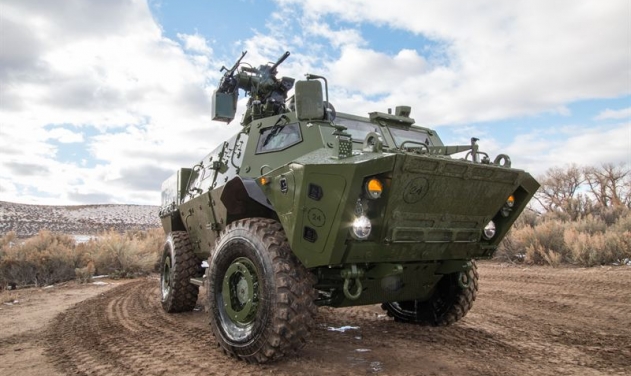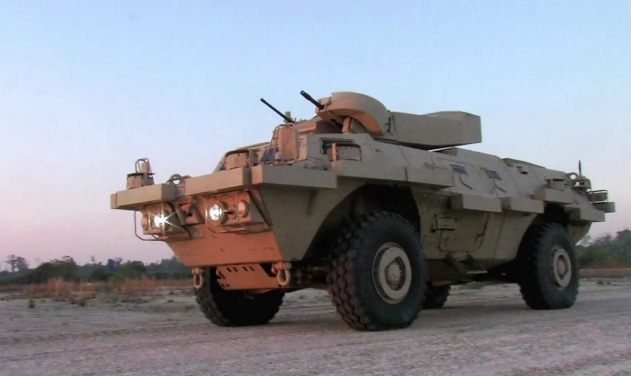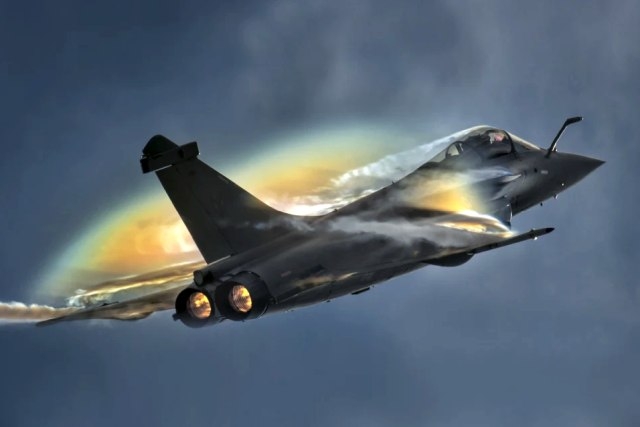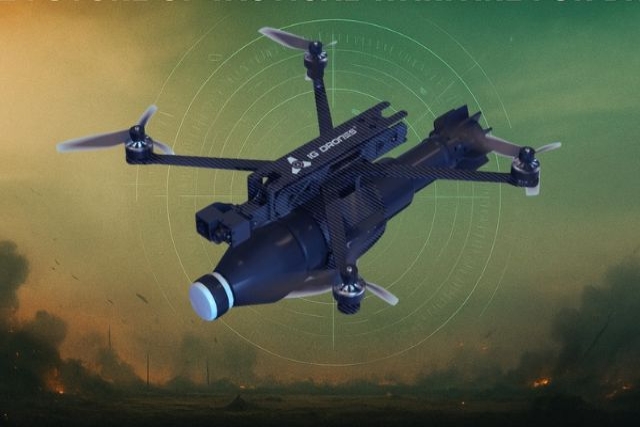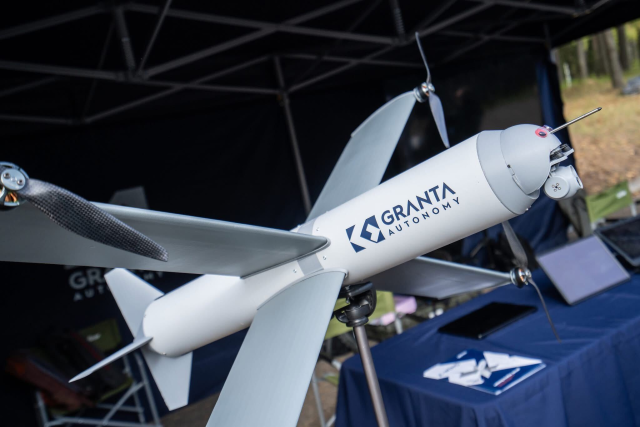Textron To Stop Manufacturing Cluster Bombs
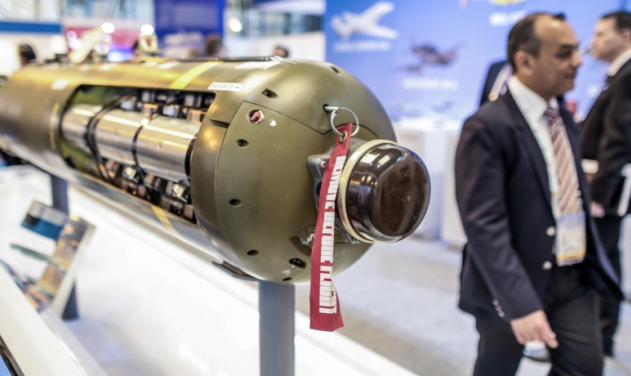
US firm Textron Inc. has decided to stop producing cluster bombs in the light of reduced production orders.
Sales of sensor-fused weapons, also called cluster weapons have been falling as they are banned by many governements due to its capacity to kill or injure civilians.
The bomb “is a smart, reliable air-to-ground weapon that is in full compliance with the U.S. Defense Department policy and current law,” Textron spokesperson David Sylvestre said Thursday.
A filing with the Securities and Exchange Commission said the “current political environment” had made it tough to gain US approval for foreign sales.
In May, the Obama administration blocked sales of cluster bombs to Saudi Arabia for use in Yemen amid reports of mounting civilian casualties there.
Though cluster bombs are designed to kill enemy personnel and destroy vehicles or runways, they disperse many smaller bomblets over a wide area and some of which may not explode for years or even decades after being dropped. Hence, they pose a particular threat to civilians.
The bombs were banned by an international treaty in 2008, but among the countries notably not part of the agreement were the United States and Russia.
Mary Wareham, the arms advocacy director for Human Rights Watch, said the Textron announcement was “hugely significant.”
“It clears the path for the U.S. to move even closer towards the convention on cluster munitions if it wishes to, and ultimately to join it,” Wareham added..
A coalition of nongovernmental organizations led by HRW said in an annual study released Thursday that more than 400 people were killed or maimed by cluster bombs around the world last year.
They linked the increased use of cluster bombs in Syria to Russian forces who are carrying out airstrikes in support of President Bashar Assad’s regime.
